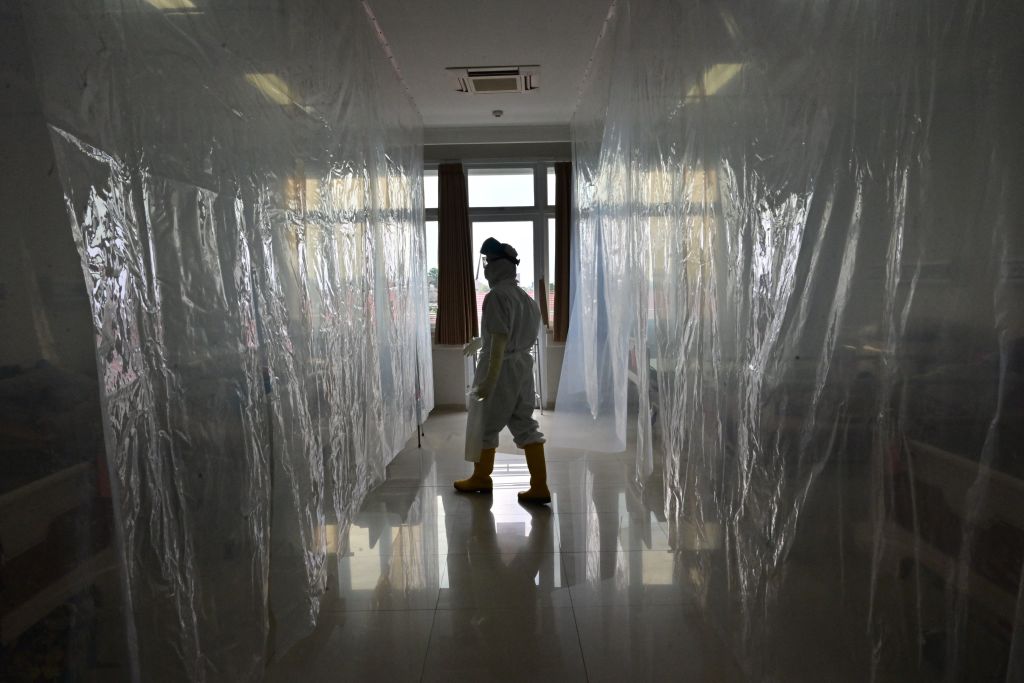When we trained at medical school we were taught to approach each patient on his or her own merits. We were taught to take a history: ask questions about past medical problems, drugs and present complaints; to do a physical examination and make a management plan including those tests that allowed us to narrow the range of possible diagnoses. Treatment was the next option. After we learned to do all this, we were awarded the title of doctor – professionally trained, licensed and regulated to carry out the procedures described. This model of actions which has a long history is called clinical medicine. But what impact has Covid-19 had on this tried and tested way of doing things?
In the last 30 years, clinical medicine has had two important evolutions. The first was the recognition of the primacy of the patient in all our actions. Physicians then become benign agents between the patients and the ‘system’ giving the best advice possible, reducing uncertainties, and directing action when needed on the basis of interpretation of the complex set of circumstances of each patient.

Get Britain's best politics newsletters
Register to get The Spectator's insight and opinion straight to your inbox. You can then read two free articles each week.
Already a subscriber? Log in






Comments
Join the debate for just £1 a month
Be part of the conversation with other Spectator readers by getting your first three months for £3.
UNLOCK ACCESS Just £1 a monthAlready a subscriber? Log in